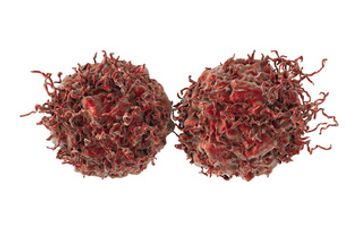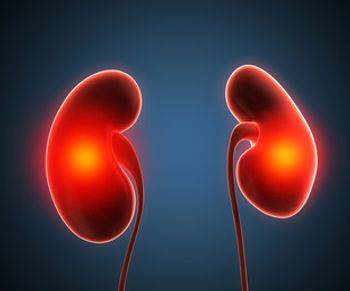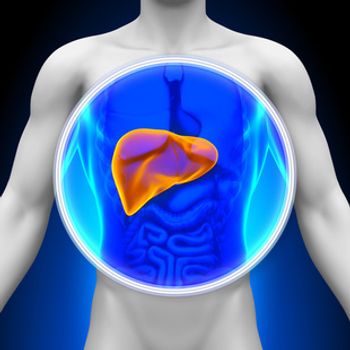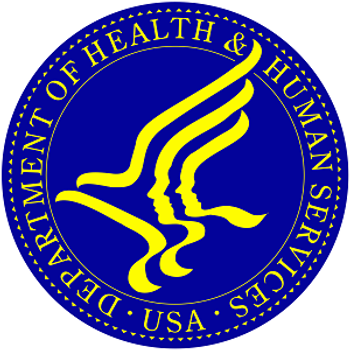
Areas such as physical health showed improvement, but career and social well-being continue to weaken for Americans.

Areas such as physical health showed improvement, but career and social well-being continue to weaken for Americans.

Patients with metastatic castration-resistant prostate cancer (mCRPC) have a lower risk of developing grade 3 or 4 neutropenia, likely due to less exposure to docetaxel.

Hospitals nationwide continued to snap up medical practices, according to updated figures about acquisition trends and the impact on physician employment.

Both travel and wait times for healthcare services are longest when compared with other services, such as getting a license or a vehicle repaired.

A high proportion of patients with acute myeloid leukemia (AML) who achieve a negative minimal residual disease (MRD) status still relapse, indicating a more sensitive method of detecting MRD is needed.

New Mexico, Colorado, Oregon, Washington, and Minnesota are among states looking at “Medicaid buy-in” proposals as a way to offer more affordable healthcare options; the return of measles is creating a backlash against critics of vaccines; first responders who worked during and after the 9/11 terror attacks and their advocates urged Congress to ensure that the September 11th Victim Compensation Fund does not run out of money.

The study followed a directive from CMS to screen dialysis patients for depression and develop a follow-up plan for care for those diagnosed.

Research from 2008 to 2014 suggests that vaccinations have been successful in preventing the most dangerous strains of HPV that cause nearly 70% of cervical cancer.

The grilling that pharmaceutical company executives are expected to face Tuesday before the Senate Finance Committee is reminiscent of previous hearings with businesses that proved to be turning points; UnitedHealthcare lost its case to prevent a former executive from working at the new healthcare venture formed by Amazon, Berkshire Hathaway, and JPMorgan Chase; a bill to establish work requirements for thousands of Medicaid recipients in Wyoming passed its first reading in the state’s House.

There is no significant evidence to suggest that acute exacerbations of chronic obstructive pulmonary disease (COPD) cause an overall decline in patients’ physical activity over time, according to a new longitudinal study.

A group of researchers systematically reviewed previously published literature about psychological treatment in primary headache and its effectiveness. The results were published in The Journal of Headache and Pain.

A case series discusses how a liver biopsy may prove instrumental in determining if ruxolitinib therapy should be discontinued or continued in patients with myelofibrosis (MF) and polycythemia vera (PV) experiencing liver damage.

The only curative treatment for myelofibrosis (MF) continues to be allogeneic hematopoietic stem cell transplant (HSCT). Occasionally, adverse events posttransplantation can occur and usually present within the first 2 years after posttransplant. Researchers recently sought to analyze the outcome of 2-year disease-free survivors in a systematic review published in Haematologica.

While rates of physician burnout decreased between 2014 and 2017, burnout remains higher among physicians than among other fields.

The rule takes effect in 60 days, but the provision requiring physical separation of facilities that perform abortion takes effect in a year.

Patients with hematologic malignancies often receive intensive care at the end of life (EOL), but new research has demonstrated that hospice services and palliative care are associated with significantly improved EOL care quality.

Researchers have used positron emission tomography scans to identify which patients with a type of human epidermal growth factor receptor 2–positive breast cancer might benefit most from targeted agents alone and can be spared chemotherapy.

Despite the finding that a phase 3 trial of an epicutaneous immunotherapy therapy for peanut allergy did not achieve the lower end of an efficacy end point, it may still represent a viable option for children with peanut allergy, considering the unpredictability of these severe and sometimes fatal reactions.

Coverage of our peer-reviewed research and news reporting in the healthcare and mainstream press.

Pharmacy benefit managers (PBMs) took $123.5 million in spread pricing from Kentucky Medicaid plans, according to a state report; Richard Sackler, MD, the former president of OxyContin maker Purdue Pharma, repeatedly gave testimony in an opioid lawsuit that conflicts with a federal report, according to court papers; rural state lawmakers in Kansas are pushing a plan to allow the Farm Bureau to offer health insurance coverage, but Democrats and others are critical of the idea.

Employers are placing an increased focus on healthcare benefits and integrating or expanding healthcare offerings. With healthcare costs rising, employers are focusing not only on health plans but also on ways to improve employee experience with healthcare.

This week, the top managed care news included CMS' proposal to cover chimeric antigen receptor T-cell therapy; a study faulting the FDA’s handling of fentanyl oversight; and breast surgeons calling for genetic testing for all patients with breast cancer.

Initial results of a study have found that white blood cell counts and absolute neutrophil counts, which are well-established predictors of risk of infections or febrile neutropenia, can be accurately measured with a finger stick drop of blood and point-of-care hematology results.

The Affordable Care Act (ACA) was associated with expanded insurance coverage and improvements in access to care for women of reproductive age, particularly for those with lower incomes.

Researchers examined the medical costs for patients with a rare subset of chronic obstructive pulmonary disease (COPD) caused by a deficiency in alpha-1 antitrypsin receiving augmentation therapy.

A bill would allow the importation of insulin from Canada and other countries; a survey highlighted the prevalence of anxiety and depression among teens; and the World Health Organization has established a committee to set guidelines for gene editing.

More than one-third of the therapies the FDA approved in the last 2 years includes information on the label identifying patients would benefit the most or experience fewer side effects, found a recently published report from the Personalized Medicine Coalition.

Digital tools for managing diabetes and insulin have proliferated in recent years.

National health spending will climb to 19.4% of gross domestic product in 2027, reaching $6 trillion, according to annual CMS estimates, with growth continued to be boosted by a greying population aging into Medicare.

Patients of all ages see benefits with once-weekly carfilzomib compared with a twice-weekly dose, according to an analysis of the phase 3 A.R.R.O.W. trial.

259 Prospect Plains Rd, Bldg H
Cranbury, NJ 08512
© 2025 MJH Life Sciences®
All rights reserved.
